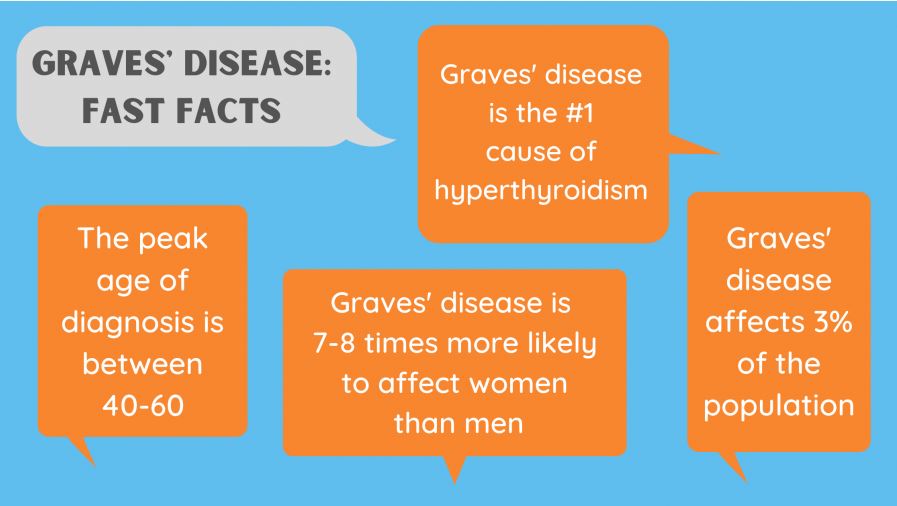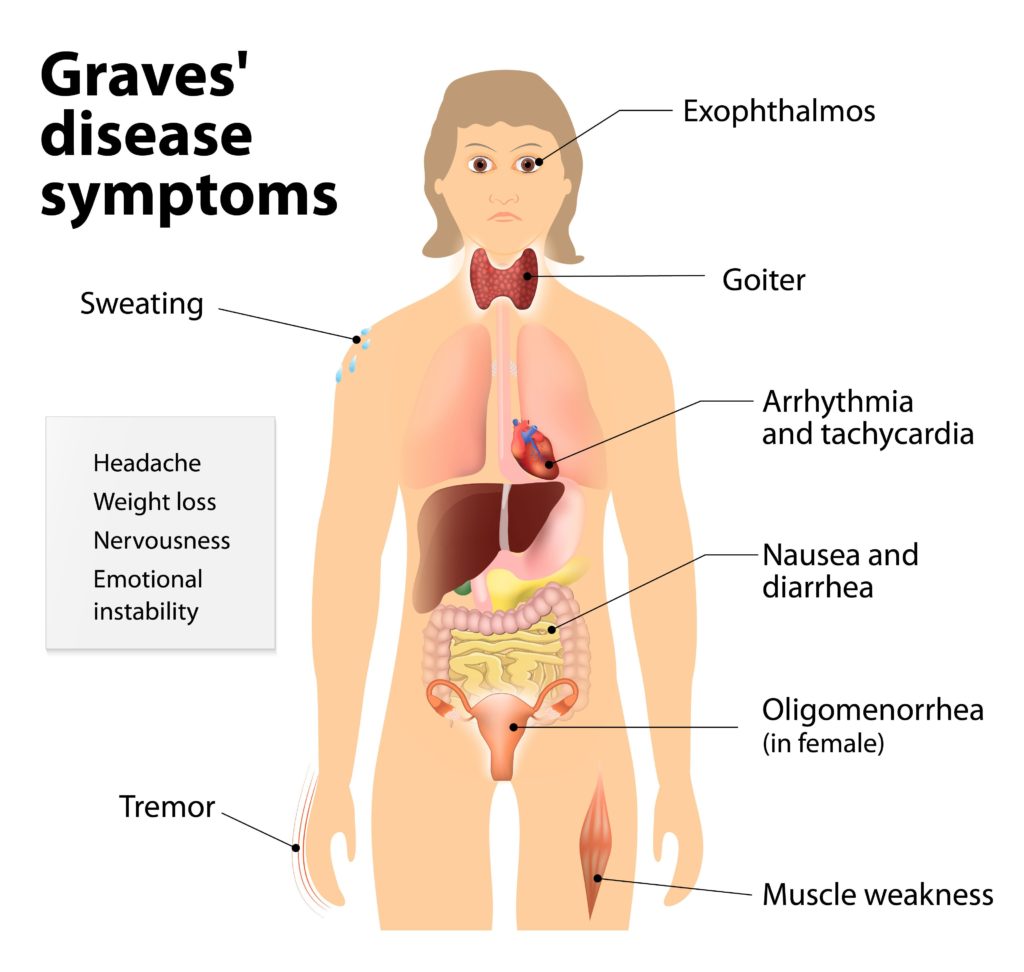Can you eat seaweed if you have graves disease
Will seaweed make Graves Autoimmune disease better or worse
What is Graves Disease
Graves’ disease is named after the doctor who charactertised it. With the overactive thyroid, there can be multiple issues.
- Growth and development
- Body temperature
- Heart rate
- Weight
- Fertility
- Mental health
- Sleep

Graves’ Disease and Seaweed
Eating seaweed if you have Graves’ Disease has complications and is generally not recommended.
- Iodine Levels. While red seaweed is only about 15% RDI (or Dietary Intake %) in comparison to kelp species that may be 2 to 20 times, most dietary recommendations are strict regarding avoidance of iodine containing foods. Seaweed is full of healthy minerals and vitamins but the level of additional iodine would tend to rule out consumption of any seaweed.
- Autoimmune Disease Graves is a nasty autoimmune disease. There is poor data on specific causes of autoimmune flares, and how seaweed may or may not mitigate.
- Oligomenorrhea is a range of menstrual abnormal conditions. Too much or too little thyroid hormone can make your periods very light, heavy, or irregular. Thyroid disease also can cause your periods to stop for several months or longer, a condition called amenorrhea which generally results in painful periods (dysmenorrhea).
Summary
Having Graves’ Disease with painful periods is a terrible dilemma and a “Catch 22”. While consuming seaweed may reduce dysmenorrhea, it may come with a potential increase in severity of Graves. Basically humans are a chemical soup. Sorting out interactions will be a challenge.

Support Organisations
There are many support organisations globally – select one in your local country. Generally Graves’ disease is not classified as a disability, but for many sufferers it is life changing.
- USA based Graves’ Disease and Thyroid Foundation
- Australian based Thyroid Foundation
- UK Based Thyroid UK Support Network
- These provide resources, referrals, and up-to-date info on the latest advances in care for your condition
Further Reading
[1] Graves’s Disease from Endocrineweb.com (Google 2020-Nov)
[2] Graves’ Disease. Wikipedia
[3] Brent GA. Clinical practice. Graves’ disease. N Engl J Med. 2008 Jun 12;358(24):2594-605. doi: 10.1056/NEJMcp0801880.

